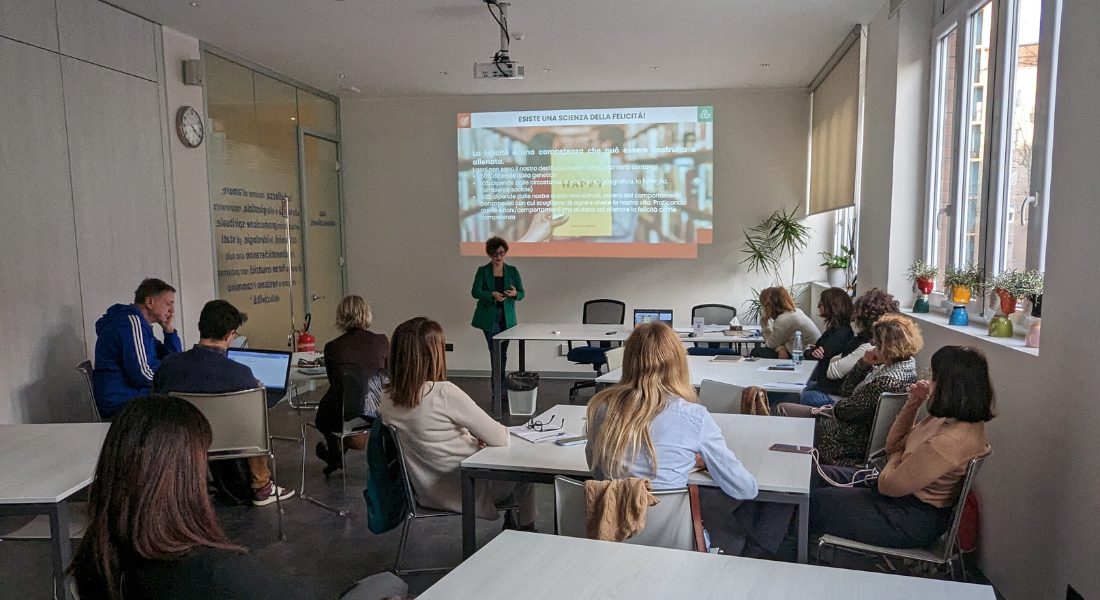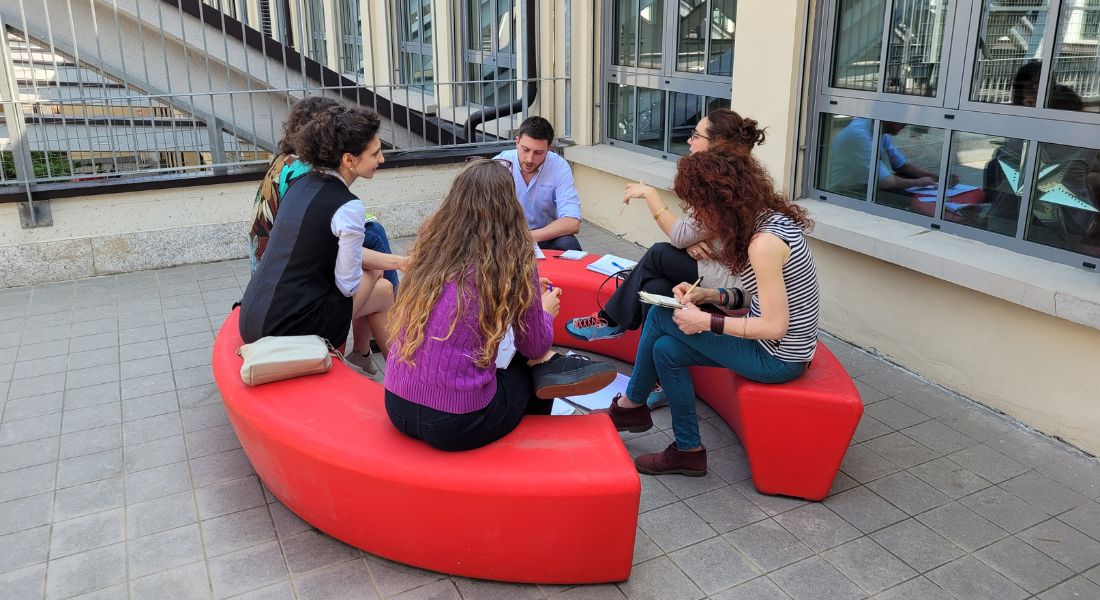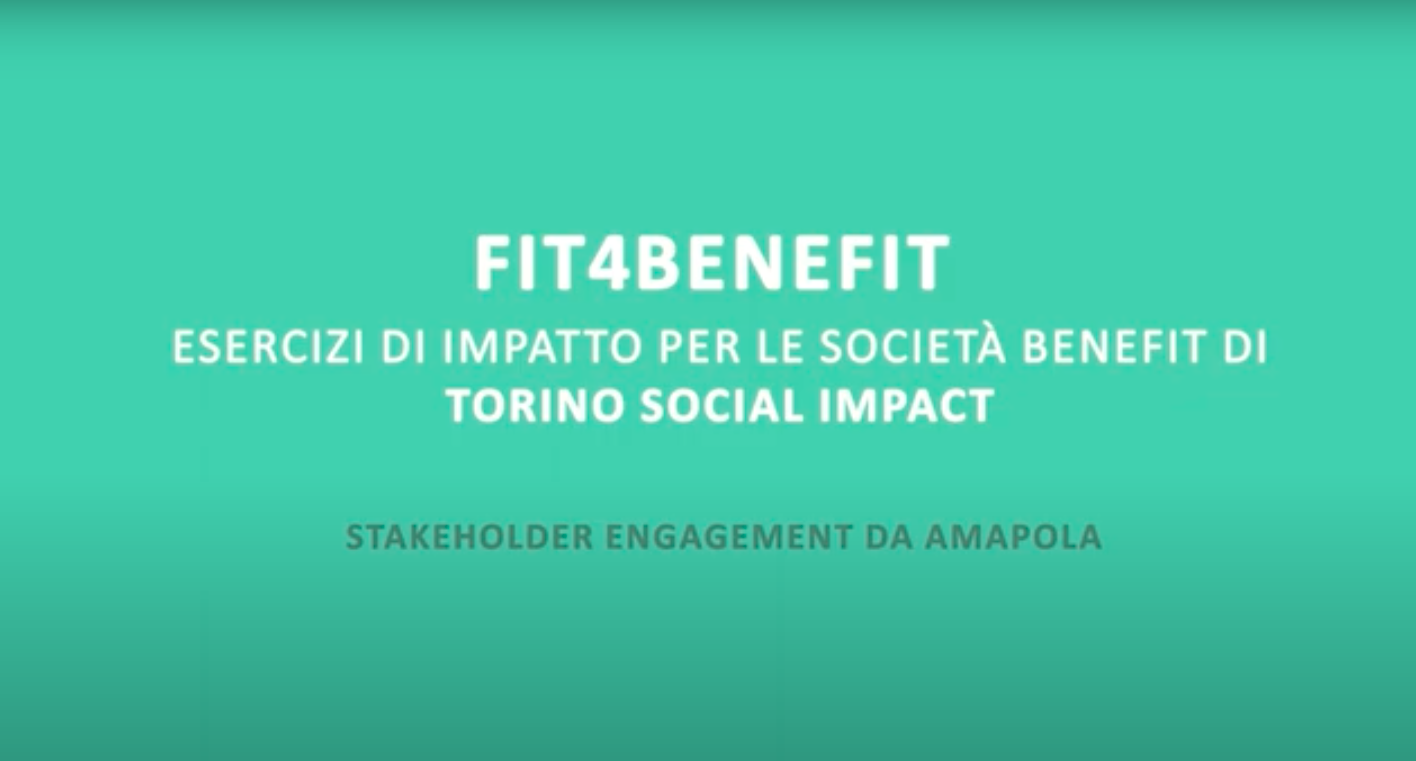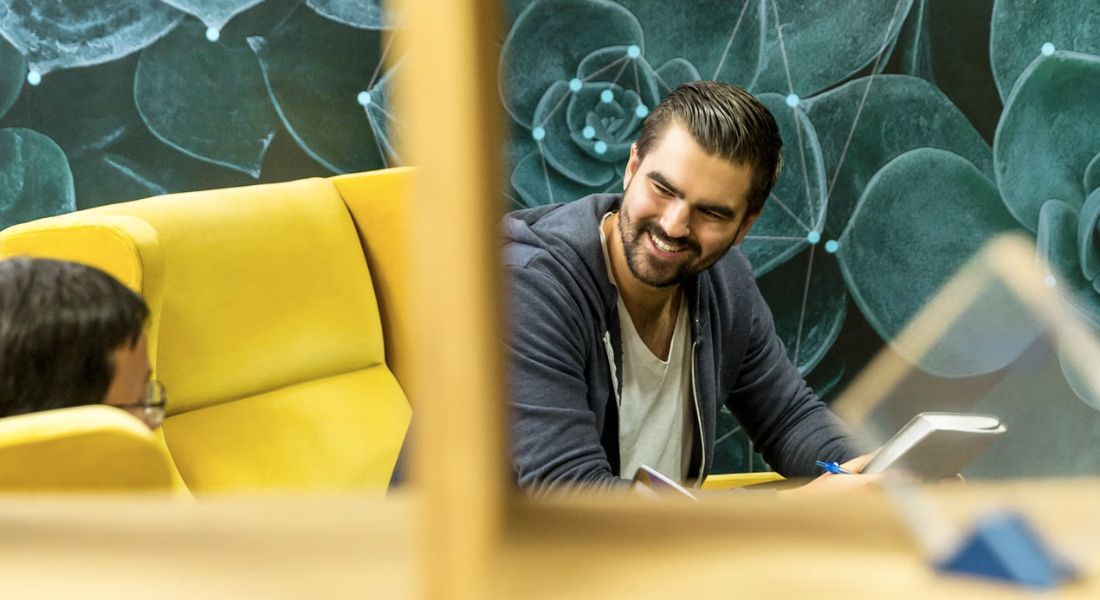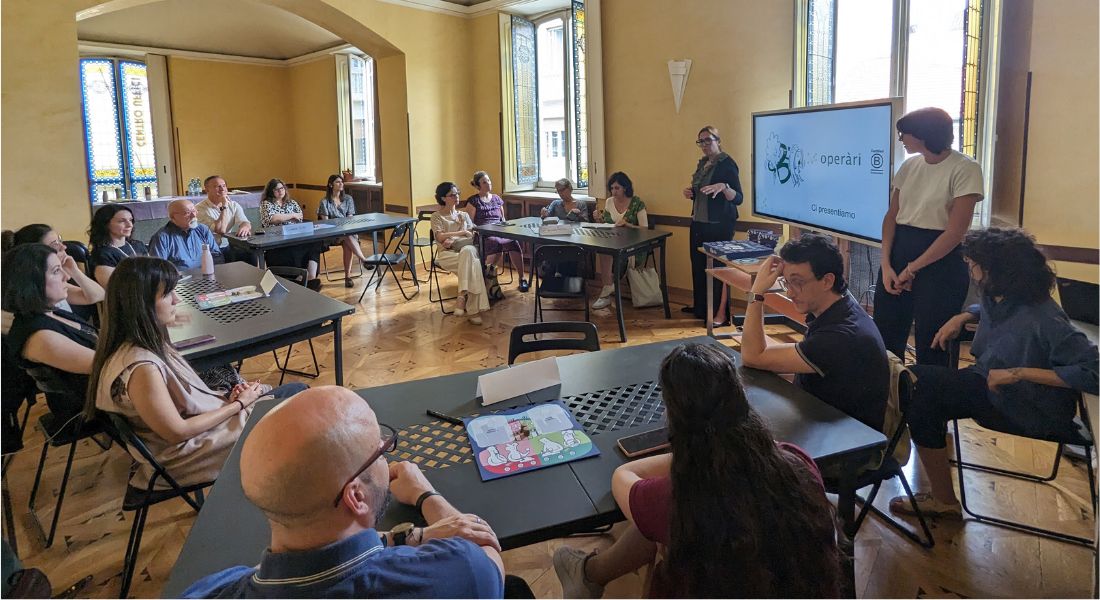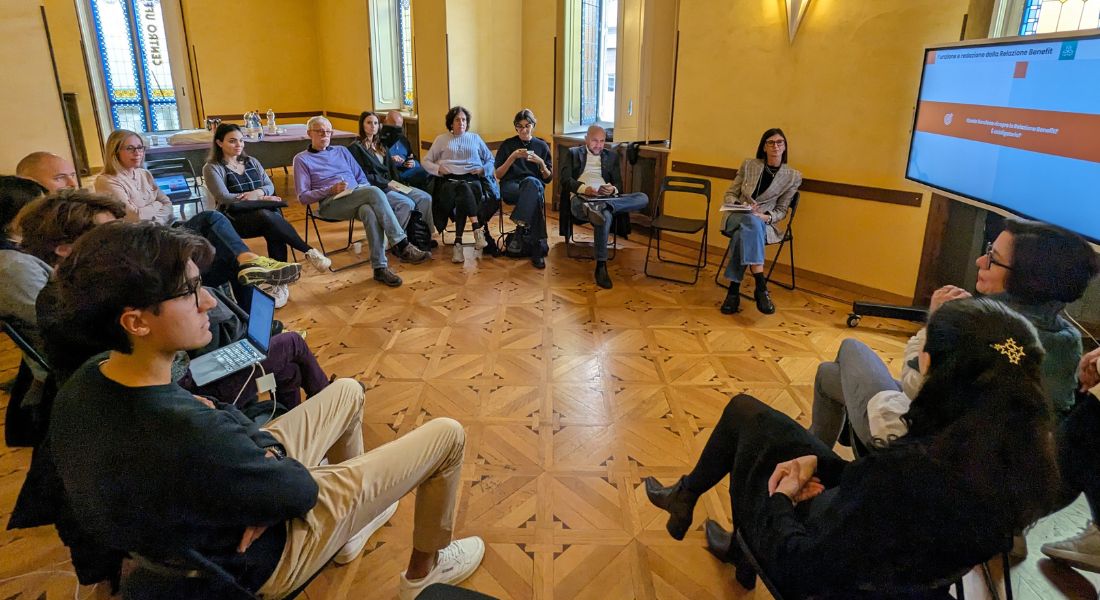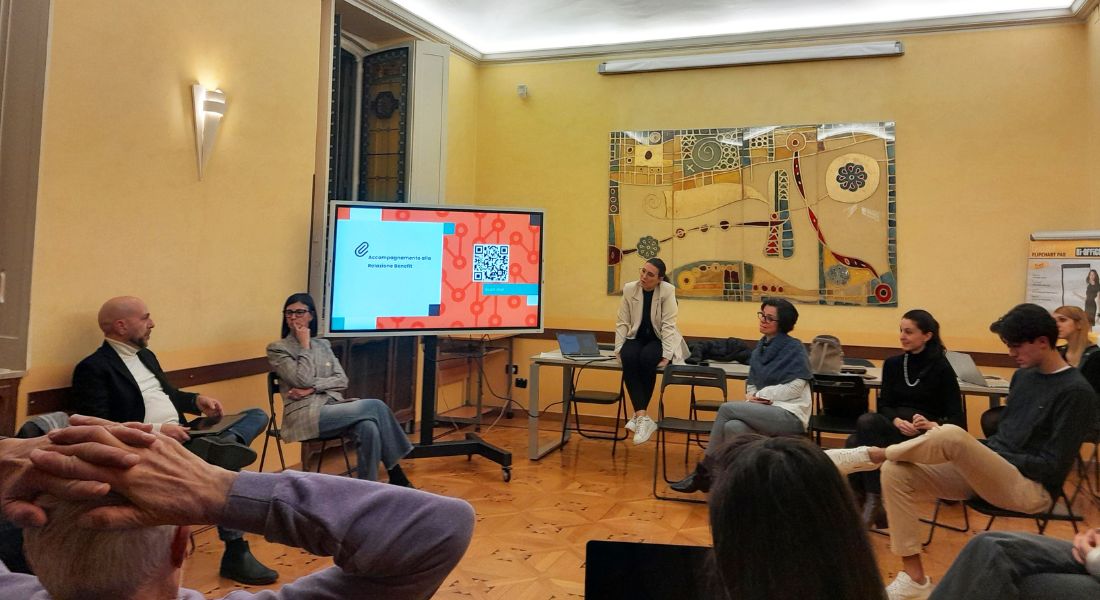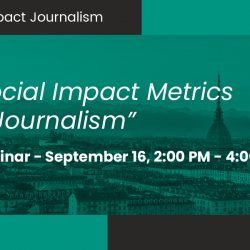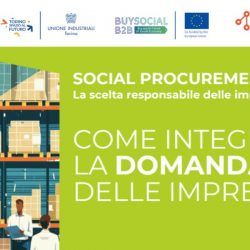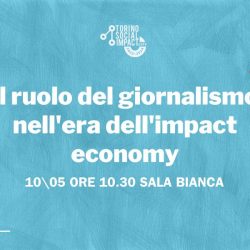How can well-being be promoted in companies? What strategies foster an inclusive culture? And what does it mean to be a “happiness manager”?
In 2024, when the Community of Practice on Benefit Corporations began planning the meetings for the second edition of the Fit4benefit program, it became clear that there was a need to delve deeper into a highly relevant and timely topic for organizations. This interest led to the first 2025 meeting being titled: “Positive Organizations and Management Systems for Gender Equality.”
To explore this topic, the Community of Practice leveraged the expertise of two partners specializing in this area: Uomo e Ambiente Srl SB and Clover Srl SB. During the event held on Friday, January 24, the two organizations shared inspiring testimonials, meaningful experiences, and valuable insights with the group. Given the centrality of the topic, the event marked the first convergence of the Community of Practice on Benefit Corporations with the Community of Practice on Gender Equality, within the broader Community of Practice project. This was a valuable opportunity to foster dialogue and exchange ideas on a common area of interest.
After opening remarks by Torino Social Impact, Monica Cerutti—an expert in social and gender inclusion policies and leader of the Community of Practice on Gender Equality—shared the progress made since May 2024. She emphasized the importance of greater attention, both individually and organizationally, to the issue of gender equality.
Well-being and happiness in organizations
During the event, Nunzia Giunta, founder of Uomo e Ambiente, led a discussion on well-being, happiness, and unhappiness in the workplace, emphasizing the impact of emotions and the importance of fostering an inclusive corporate culture.
As Giunta explained, the World Health Organization (WHO) has issued a global warning, identifying depression as the leading cause of disability worldwide, with projections that it will become the most widespread mental illness by 2030. But how can we reverse this trend?
The discussion highlighted that happiness is a skill that can be developed and trained: 40% of our happiness depends on intentional choices, that is, the conscious behaviors we choose to adopt in our lives.
Focusing on organizational contexts, Giunta illustrated the importance of developing processes that support the implementation of the four pillars of happiness science. Examples include creating collaborative and inclusive environments that counter individualism, or implementing wellness policies that strengthen the bond between employees and the company. Key elements also include valuing diversity and talent, providing individual listening spaces, and fostering a climate of trust where people feel included and free to share their ideas.
The discussion concluded with a quote from Adriano Olivetti, which remains highly relevant today: “I want the company to be not only a factory but also a model, a way of life. I want it to produce freedom and beauty because they—freedom and beauty—will show us how to be happy.”
Gender equality, disparities, and stereotypes
In the second part of the event, Giulia Gallotti and Sabrina Rapetti, founders of Clover Srl SB, delved into the topic of gender equality. As they explained, the Global Gender Gap Report 2023 ranks Italy 79th out of 146 countries, with a decline of 16 positions compared to the previous year. Furthermore, it is estimated that the European Union will achieve gender equality in 67 years, while for Italy, the timeline is even longer.
To bridge these gaps, concrete actions are necessary. Among these, the discussion highlighted ensuring equal pay for men and women for the same work or work of equal value; implementing EU regulations on work-life balance; and improving access to affordable, high-quality childcare and other care services.
The meeting also addressed stereotypes, prejudices, and workplace harassment, stressing the importance of combating biases that perpetuate gender, cultural, and ethnic discrimination. Additionally, the event explored the Gender Equality Certification regulated by the UNI/PdR 125:2022 reference practice. This certification aims to measure and close existing gaps, integrating gender equality principles into the DNA of organizations.
The event concluded with a hands-on workshop on gender equality, offering participants the chance to explore the topic interactively. This was a valuable moment to reflect on how each individual can contribute to building a more inclusive future that respects the rights of everyone.


